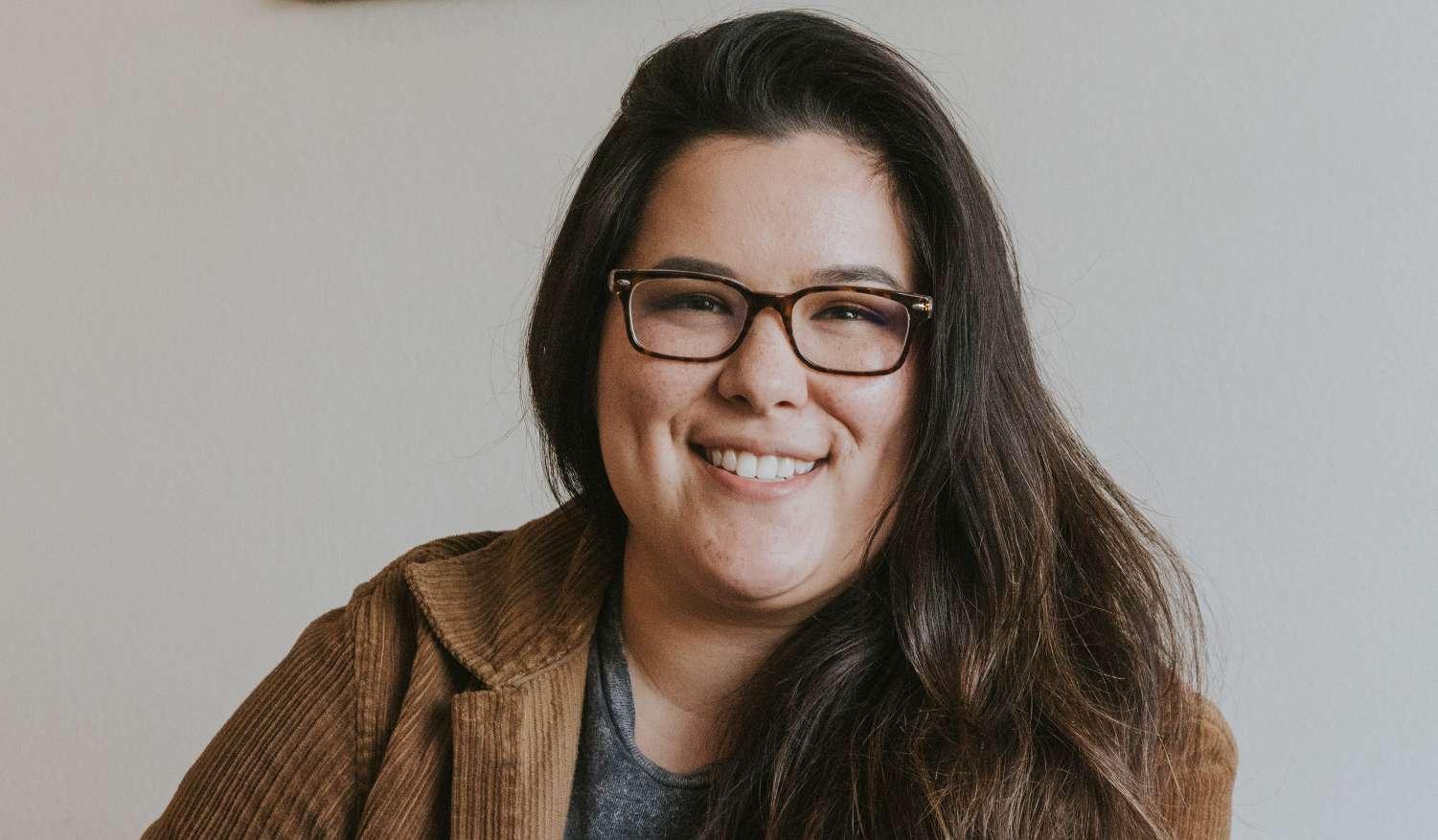
3 minute read
Ruac
By January Lim Worship Arts Pastor | EBCLA
In recent days, I’ve been able to recognize a soft, but unmistakable inner-vibrations of Anxiety in my life. She’s there the second I wake up, revealing herself in the instinct to grab my phone and check my inbox.


Anxiety hums in harmony to the revving of the cofee grinder, highlighting the long list of “To Do” tasks I’ve written down in my schedule book. She accompanies me to every social outing, gently but frmly building up my self-imposed standard of pastoral presence, “make sure none feels ofended and all feel invited!” As I go to bed, she whispers in my ear, all the things I have to take care of the next day, assuring me that she will be there to greet me in the morning. Sometimes, unable to wait that long, she shows up in my sleep, infating herself into characters or scenarios that I am afraid of encountering in reality. This is when I am the most vulnerable to this “faithful companion” — when I feel the most powerless. This is when I am the most afraid.
As someone who grew up classically trained on the violin, a Korean American only child who grew up in the academically competitive and afuent Silicon Valley, a pastor’s kid who was under constant scrutiny of a tight knit immigrant community—I am accustomed to performing under high pressure. I got reprimanded for the “satisfactory” marks I got on my elementary school report cards; only “outstanding” would do. From the age of 6, I was put into the circuit of monthly recitals and music competitions which pitted me amongst other brilliant young, future virtuoso violinists. At church, I was expected to be the model child and the scapegoat — recipient of both the praise and critique that the community was not shy about doling out. I will never forget the Saturday that I had 2 recitals back to back: one for the San Francisco Conservatory of Music (where I was a scholarship student), and one for a prestigious Bay Area Competition. I remember how my mind went completely blank upon the frst note that I played during that frst recital. Petrifed in fear, I remember the mortifed expression on my mother’s face and my violin teacher’s sympathetic voice foating across the room, “it’s okay January, let’s just take it from the top.” That moment stands in almost comical, stark contrast to what happened hours later when I received a standing ovation and a symphony of “bravos!” in response to one of the most inspired performances my 8-year-old self ever gave. Thirty (!) years later, as a Worship Arts Pastor, musician, producer, and a long-time struggling actor, I still exist somewhere in the continuum of the chagrin of my disappointed mother and the thunderous applause of an enthusiastic crowd.
The Corona Virus pandemic was certainly a time of extreme angst and confusion. I was coming out of an unhealthy long-term ministry rhythm I had with my previous church. I was grieving (and celebrating) the upcoming completion of my Masters degree at Fuller Seminary where I had become embedded into a beautiful diverse network of colleagues and friends. I was fnding language for the vastness of sexual identity and where in that expansive spectrum myself and others not-so-neatly ft in. I was confronting a God who seemed absent and silent in response to the cries over African American and Asian American bodies that seemed dispensable to the rest of society. The world—including the Church—seemed to be falling apart far too quickly for anyone to do anything about it. In hindsight, I was primed—caught in the crosshairs of so many confusing intersections of identity, theology, spirituality—to enter into a highly toxic, deeply committed relationship with Anxiety.
Anxiety; as much as I want to run away from her, I run towards her. As I rely on her, I am met by a familiar embrace of the adrenaline rush of pres- sure and expectation. Anxiety holds me tightly. She reverts me back into the young girl sitting by herself in a practice room with her violin hours at a time; the lonely girl sitting alone in the car while her parents are wrapping up a meeting at church. Anxiety turns on the robot-like part in me that automatically performs for others with little regard for my own desires, my own needs and fears. Anxiety also causes me to repress my emotions and fnd solace in burying myself in more work. She helps me mask my inability to rest as “creative productivity” and “artistic fourishing.” And fourish, I honestly have. I’ve never been so bold to pursue so much ART. Songwriting, video editing, magazine editing, swimming in deep whirlpools of creativity — I am grateful and proud of all the things I’ve been able to produce. And yet, I recognize that my passion for creativity is partially sourced by my desperate need to harvest something other than the confusing, painful feelings toiling inside me. What do I need? Who will rescue me? What form of intervention will help me cut my ties with Anxiety?











